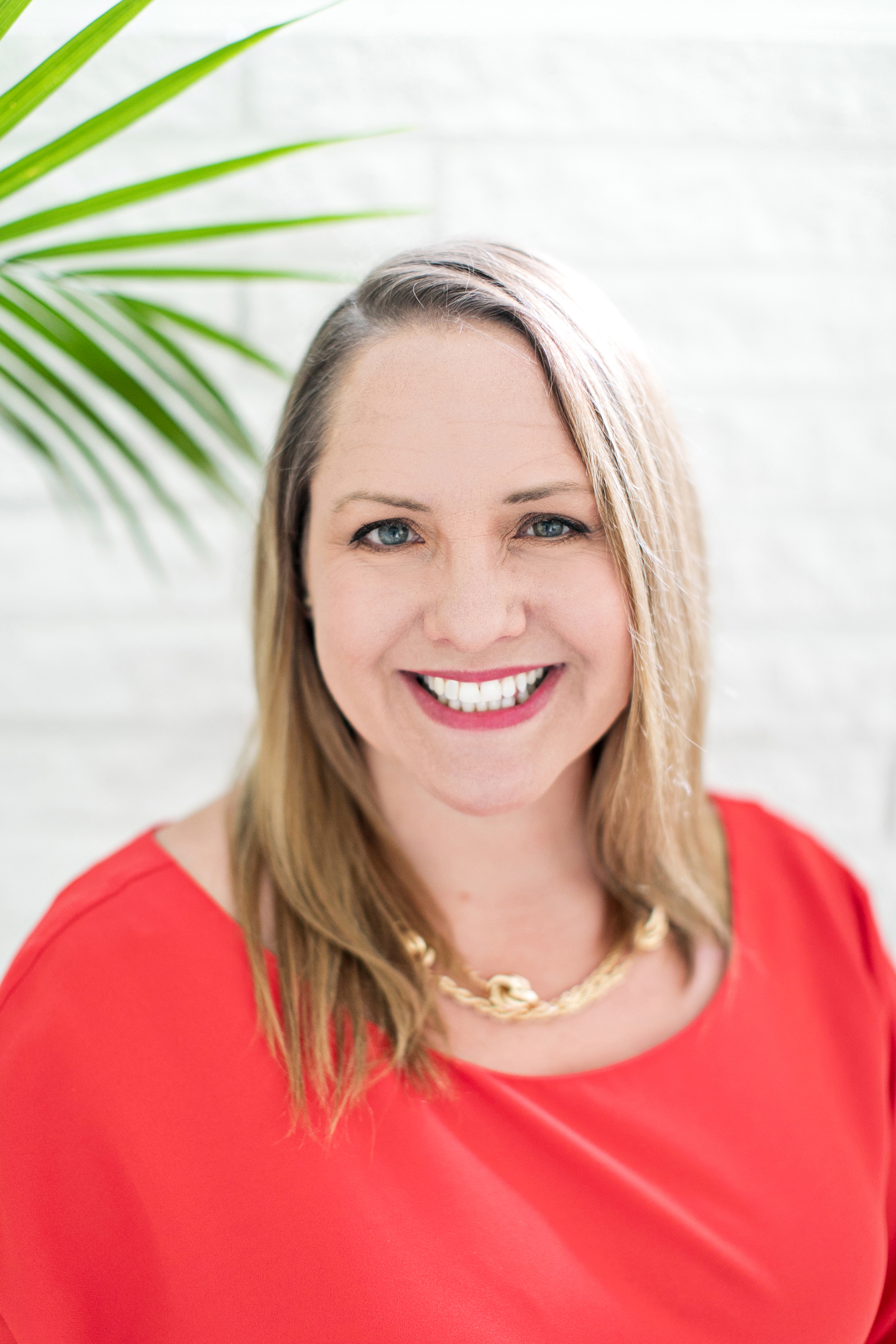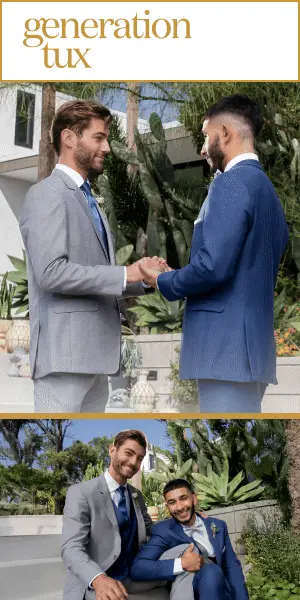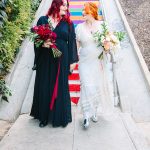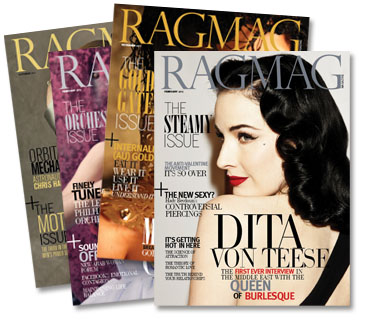
A conversation about the differences in same-sex marriage in the United States and Lebanon
By Kirsten Palladino and Fida Chaaban
Earlier this year, Fida Chaaban, editor in chief of RAGMAG magazine in Beirut, Lebanon, reached out to Kirsten Palladino for her magazine’s wedding issue in order to include the weddings of the LGBTQ community. Instead of doing a typical Q&A, we decided to do a dual-magazine conversation of sorts, discussing the challenges faced by LGBTQ couples planning a wedding in the Middle East and the United States. What you see below is an email exchange between Fida for RAGMAG and Kirsten Ott Palladino, our editor in chief and co-founder of Equally Wed.
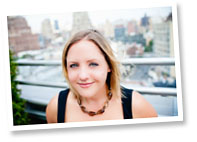 Kirsten Ott Palladino for Equally Wed: It’s completely legal to have a gay wedding anywhere in the United States. Vendors might decline to be involved and some relatives may break your heart by not responding to the invitation but your friends, who in the LGBT community are often more like your blood family anyway, are the ones who will lift you up and celebrate the lifetime commitment you and your partner are making.
Kirsten Ott Palladino for Equally Wed: It’s completely legal to have a gay wedding anywhere in the United States. Vendors might decline to be involved and some relatives may break your heart by not responding to the invitation but your friends, who in the LGBT community are often more like your blood family anyway, are the ones who will lift you up and celebrate the lifetime commitment you and your partner are making.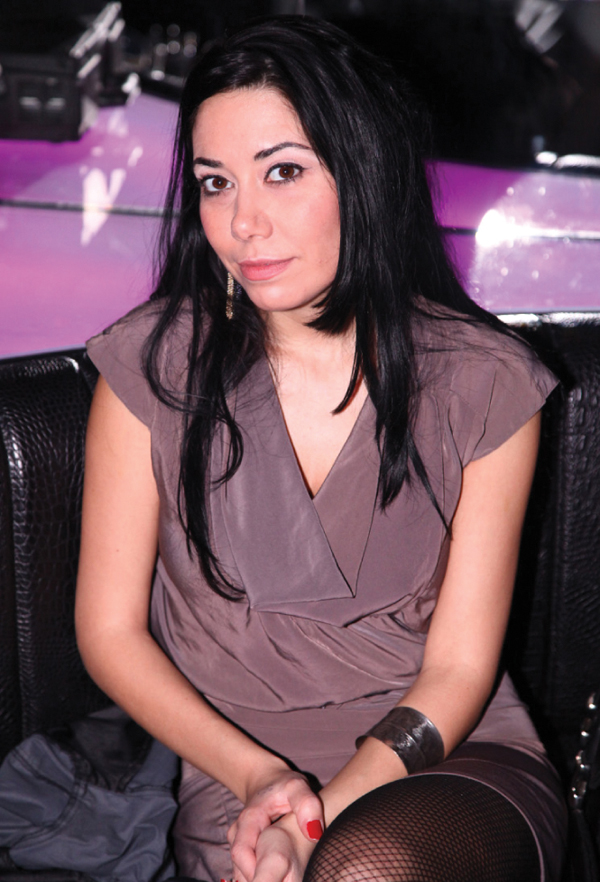 Fida Chaaban for RAGMAG: On our side of the world, you can probably count on your friends and sometimes even your family to attend. You won’t get any legal acknowledgement of the union in Lebanon or anywhere else in the Middle East, but you can say your vows in a private ceremony. There was a gay wedding staged as sort of a protest in Dubai, but all the participants got arrested and we aren’t sure what happened to them after that. In Lebanon, there is a bit more of a live-and-let-live attitude, but you always run the risk of police harassment—it is, after all, illegal. You can be discriminated against in Lebanon for being gay—you have little to no legal recourse if you were to be, say, fired from your job. We actually don’t even have civil marriage in Lebanon so it’s kind of mind blowing to even think of this government passing a bill legalizing marriage between same-sex couples. You cannot, as an interfaith heterosexual couple, get married without the religious establishment, so imagine the challenges gay couples face.
Fida Chaaban for RAGMAG: On our side of the world, you can probably count on your friends and sometimes even your family to attend. You won’t get any legal acknowledgement of the union in Lebanon or anywhere else in the Middle East, but you can say your vows in a private ceremony. There was a gay wedding staged as sort of a protest in Dubai, but all the participants got arrested and we aren’t sure what happened to them after that. In Lebanon, there is a bit more of a live-and-let-live attitude, but you always run the risk of police harassment—it is, after all, illegal. You can be discriminated against in Lebanon for being gay—you have little to no legal recourse if you were to be, say, fired from your job. We actually don’t even have civil marriage in Lebanon so it’s kind of mind blowing to even think of this government passing a bill legalizing marriage between same-sex couples. You cannot, as an interfaith heterosexual couple, get married without the religious establishment, so imagine the challenges gay couples face.Photos: RAGMAG covers: Odette Kahwaji and Christian Harb for RAGMAG Magazine; Fida Chaaban by Jason Zamora for RAGMAG Magazine
Disclaimer: The views and opinions expressed within the confines of Viewpoints, our opinion-based forum, are those of the authors and do not necessarily reflect the views of Equally Wed, Palladino Publishing, LLC, its affiliates, or its employees.
Kirsten Palladino
MOST VIEWED STORIES
- The Rise of Weddings With Long-Lasting Investments: Benefits Beyond The Big Day
- How to have a green wedding that Mother Earth would attend
- Simplify wedding communication with digital engagement announcements and thank you cards
- A Spiritual and Earthy Elopement at Lassen Volcanic National Park
- Food Trucks, Craft Booze and Cultural Fusions: How New England Weddings Are Changing the Game




